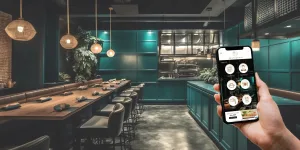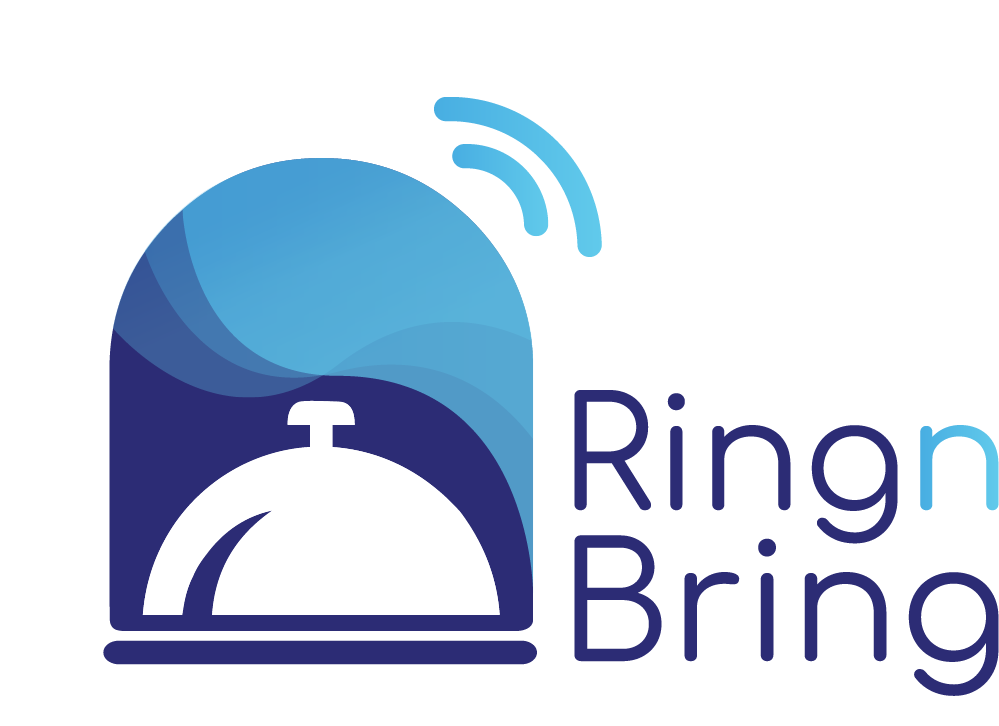
In the fast-paced world of hospitality, customer expectations are higher than ever. Guests demand seamless service, quick responses, and a hassle-free experience. Smart request systems have emerged as a game-changer for hotels and restaurants, enhancing efficiency, improving guest satisfaction, and, most importantly, boosting revenue. Here’s how:
1. Faster Service, Higher Sales
A smart request system allows guests to place orders, request services, or make inquiries instantly through a QR code, eliminating the need for guests to wait for staff availability. This improves operational efficiency, reduces service delays, and ensures faster order placements, leading to:
– Quicker table turnovers in restaurants
– Reduced wait times for hotel services like room service or housekeeping
– Increased frequency of orders, as guests can reorder effortlessly
The streamlined operation enhances guest experience, encouraging them to spend more and return.
2. Increased Upselling Opportunities
Unlike traditional service models, smart request systems offer automated upselling prompts, increasing revenue without added effort. When a guest places an order, the system can suggest:
– Add-ons or upgrades (e.g., pairing a wine with a meal)
– Exclusive promotions (e.g., discounts on spa services for hotel guests)
– Limited-time offers (e.g., happy hour deals or breakfast specials)
By integrating upselling directly into the ordering process, hotels and restaurants can increase average transaction values effortlessly.
3. Reduced Staff Workload, Higher Efficiency
With labor shortages being a common challenge in the hospitality industry, smart request systems alleviate pressure on staff by automating routine tasks. These systems can:
– Route orders directly to the kitchen or housekeeping team
– Prioritize urgent requests
– Provide real-time status updates to guests
This allows staff to focus on providing better service rather than handling administrative tasks, leading to:
– Improved service quality
– Higher guest satisfaction
– Increased order frequency due to smoother operations
4. Data-Driven Decision Making
Smart request systems collect valuable data on customer preferences, peak service hours, and popular menu items. Hotels and restaurants can use these insights to:
– Optimize menu offerings based on demand
– Adjust staffing schedules for peak hours
– Personalize promotions and discounts for returning guests
With data-backed decisions, businesses can boost revenue and enhance customer satisfaction.
5. Enhancing Guest Interaction—The Best of Both Worlds
While some guests prefer contactless interactions, many still appreciate human engagement. RingnBring enhances both experiences by speeding up human interaction—ensuring that guests who want quick service receive it instantly, while those who enjoy personal interaction still get quality attention from staff, but without unnecessary delays.
Adding a Social Element—Games & Entertainment
Beyond ordering, RingnBring transforms hospitality into a social experience by offering interactive games. These engage guests while they wait, creating a memorable and enjoyable experience, ultimately leading to longer stays and increased spending.
Conclusion
Smart request systems are more than just a technological upgrade—they are a profit-driving tool for hotels and restaurants. By improving service speed, enabling upselling, optimizing staff efficiency, leveraging data, and enhancing both contactless and human interactions, businesses can significantly increase revenue while enhancing guest satisfaction.
For hotels and restaurants looking to stay ahead in the competitive hospitality industry, implementing a smart request system like RingnBring is a strategic move. Contact us today to learn how our solutions can help boost your revenue.

